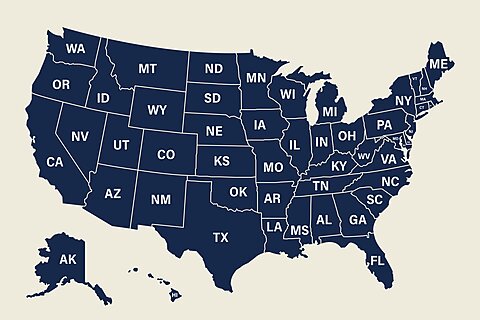Mainstream economists speak of GDP as though it is the economy itself, however, GDP is not a good measure of economic reality. Instead, it presents a distorted picture of genuine economic activity and leads to mistaken conclusions about the economy.
Emily Ekins A new Cato Institute survey of 1,500 Americans conducted by YouGov in the crucial swing states of Pennsylvania, Michigan, and Wisconsin finds exhaustion with the current course of US foreign policy. Most say the US is “too involved” in world affairs and global conflicts
While the Ukrainian incursion in Russia’s Kursk region is dramatic, the operation does not change the fact that the Ukrainian position in future talks with Russia continues to grow weaker and weaker.
Politicians and hedge funds that push “Environmental, Social, and Governance” (ESG) scores and investing do so with the notion of improving social welfare. What they fail to realize is that these concerns are accounted for in human action already.
It may not have been created in the lab of a mad scientist, but the euro is still a manufactured, cobbled-together currency made from a number of national monetary units. Indeed, it is the perfect Frankenstein currency.
While recent European Parliament elections have raised questions about Ireland’s role in the EU, the truth is that Ireland’s historical role in civilizing Europe reminds us that Ireland is more European than the EU itself.
Socialist regimes tend to follow the same playbook: promise much, deliver little, and, in the end, blame capitalism. Venezuela is the latest socialist entity to enter the Failed State Hall of Fame.
Modern egalitarians play down the idea of free will, claiming that free will is relevant only if individuals have no interference with their choices. Murray Rothbard, on the other hand, recognized that self-ownership and one's ability to engage in reason is enough to recognize free
Herbert Butterfield, who taught history at Cambridge, had many insights on the sea changes brought about by World War I and the collapse of the Old World Order. The new order that followed, he realized, was not an improvement over what previously existed.
Despite claims from progressive historians that US slavery was a natural outgrowth of a free market economy, the reality is that slavery would have been much costlier without governments—federal and state—subsidizing it. It is time to set the record straight.










